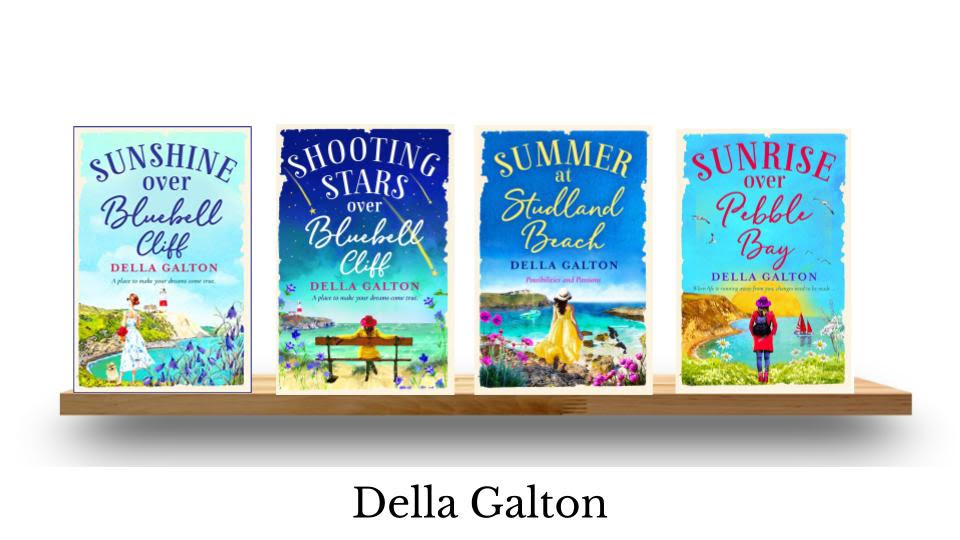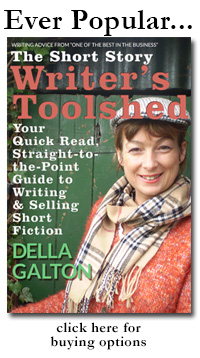This is the first of four posts about various aspects of short story writing, which will go out over the next four Wednesdays, in my new Wednesday Writing Spot. I hope they are helpful.
I have spent a fair bit of time judging short story competitions, and I have been asked to judge two more this year, I’m judging the short story award for the Wells Festival of Literature, more details here and also the H E Bates Short Story Competition, more details here so I thought it would be a good plan if we started with some tips on winning competitions.
So what do I look for when I judge a competition? How exactly do stories lift themselves to the top of the pile?
These elements are in no particular order.
A good title
This helps attract my attention although if the story doesn’t work – it won’t be enough on its own.
Good writing
This always attracts my attention. And by good writing, I mean that the story is well crafted. There will be good sentence construction, no clichés or tired lines. There will be an intriguing opening, probably a few particularly good lines – I often point out examples of these in my individual comments, if I’m doing critiques too.
The story works
This means that the whole story has to work – from beginning to end. There must be a good strong premise, which is developed throughout the story and the ending must be satisfactory. By satisfactory I mean that it should work for that story. It should tie up with the beginning without being predictable. It shouldn’t be obscure or too obvious.
Originality
It helps if I haven’t seen the plot line before – this is tricky because I’ve seen hundreds. If I have seen it before it helps if there is a new angle – maybe humour, or a different structure.
Believable characters
They must be believable and not cardboard cut outs. Characterisation is probably one of the most important things in a short story – or any story, come to that. If I get the sense that these characters could actually exist that is a great start. In many of the stories I read I find that the characters are not fully developed, which means that often they are not quite believable.
Character motivation
This is strongly tied up with believable characters. Would they really do that? Ask yourself when you are creating a character if their actions are likely. If a character’s actions strike me as unbelievable I tend to lose interest in the story. Characters can do unlikely things in a story, but you have to make me believe they would do them.
Emotional involvement
Again this is strongly tied up with believable characters and character motivation. Am I involved with these characters? Do I care what happens to them, or are they so insipid and unbelievable that I’m not that bothered? The acid test here, is do you care about them? Really care, I mean? Are you moved when you write about them or are they just a means to get your plot on the page?
An intriguing plot/dilemma
Do I want to keep reading? Is there enough of a hook which starts at the beginning and draws me through. It’s quite hard to do this in a short story, but if you can do it, you are likely to succeed.
Good dialogue
It’s hard to achieve but good dialogue (where everyone doesn’t speak in exactly the same way) goes a long way to making characters believable.
An unusual setting
The more competitions I judge the more I think that this is important. An unusual well drawn setting can make your story stand out from the rest.
A point
Yes, stories should be entertaining but they should also have a point. This is a fact I overlooked when I first started writing short stories. Think about your story’s overall message. Is there one? Or are you just writing about an incident that is actually quite slight – and may have been amusing when you thought about it, but isn’t really enough to hold a reader’s interest? Stories that are too slight can come across as anecdotal.
Good presentation, grammar etc
This is not the be all and end all. If you have written an excellent story and it’s badly presented you may still get placed. (If the judge sees your story) But bear in mind you probably won’t get past the first reader in a national competition.
Something very important to remember
When you enter a competition where there are hundreds of entries and only three or so prizes the initial readers will be looking for a reason to throw your story out of the pile. Don’t give them one.
And, one last thing, most entries arrive on the deadline in a competition. This is fine, as long as you haven’t written it the day before in a panic because if you have, then you won’t have had a proper cooling off period in which to edit it. Write your story in good time, then put it aside for a week or so, then edit it. You are much more likely to produce a polished piece of work.
Good luck.
And if you’d like any more advice on writing short stories, please check out my two writing guides. How to Write and Sell Short Stories published by Accent Press and The Short Story Writers’ Toolshed published by Soundhaven.com
Next week we will take a look at story arcs.
PS Below is the update on entries received so far for the Wells Festival of Literature Competition.
Total On-line Entries so far this year:
Poetry: 17
Short Stories: 29
Crime Novels: 4
We have also received a similar number of entries using the traditional pen and paper method.



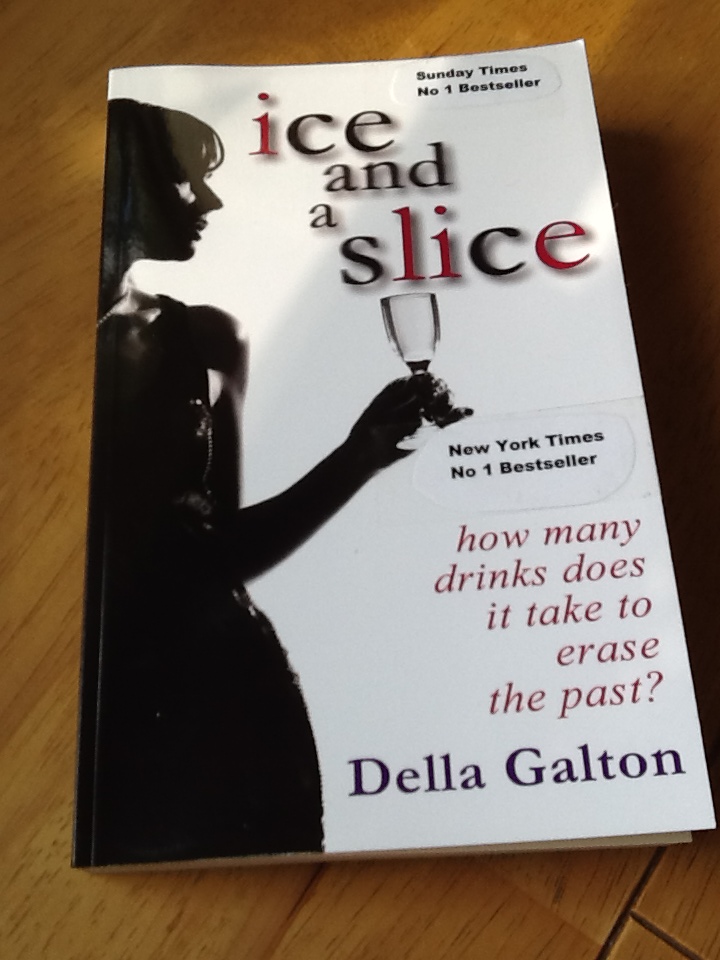
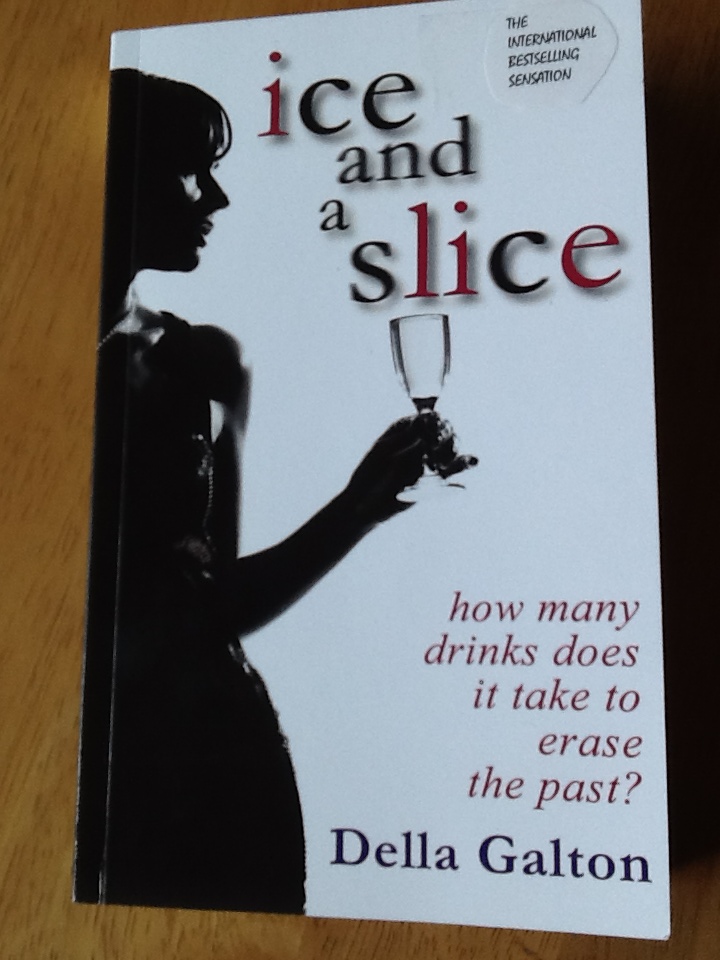

 It’s here! From today (the 25th of May 2013) How To Eat Loads and Stay Slim is available for all kindle enabled devices from amazon (
It’s here! From today (the 25th of May 2013) How To Eat Loads and Stay Slim is available for all kindle enabled devices from amazon (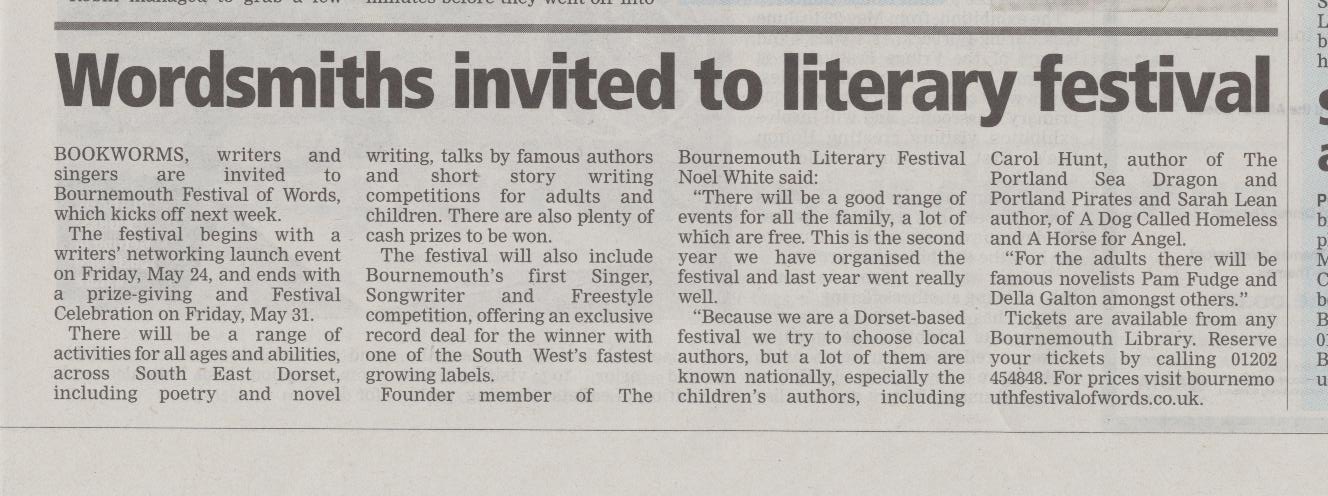
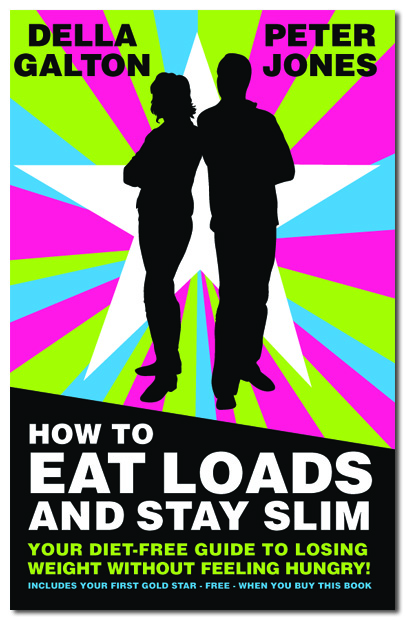
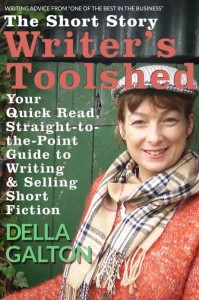


 “Please do not adjust your sets. There is nothing wrong with your computer screen.”
“Please do not adjust your sets. There is nothing wrong with your computer screen.”
